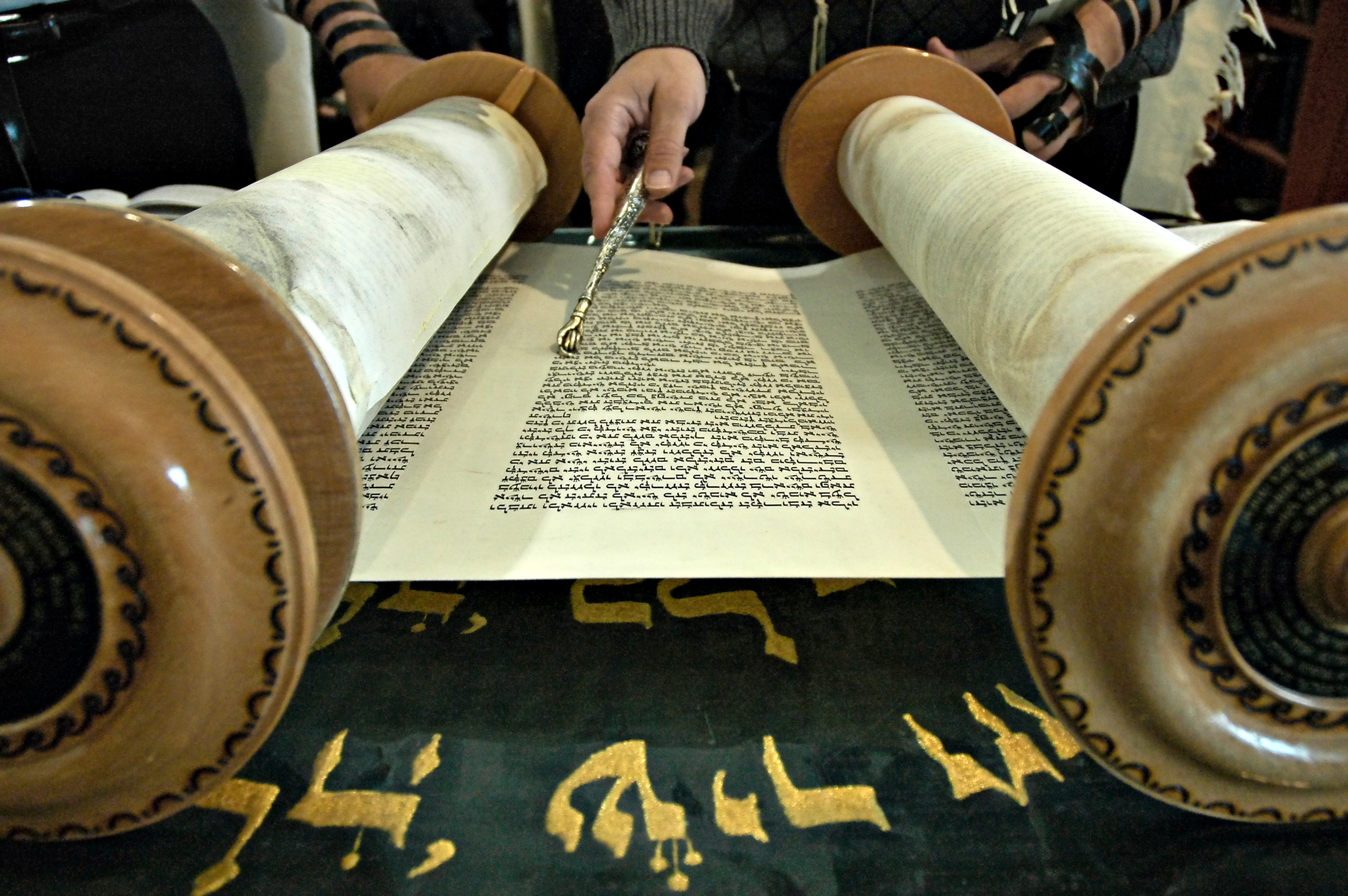Parashat Ki Tisa (when you take) Exodus 30:11-34:35 Outline & Study Sheet
Haftorah Reading
1 Kings 18:1–39
The Testimony of Yeshua
- On the gifts of the Spirit: 1 Corinthians 12:1–31
- On keeping the Sabbath: Hebrews 4:9
- On the golden calf and idolatry: Acts 7:39–42; 17:29–31; 1 Corinthians 10:1–13
- Come out wickedness; put on righteousness: 1 Corinthians 6:9–11; 2 Corinthians 6:14–7:1; Hebrews 10:22
- On the Book of Life: Revelation 3:5; 17:8; 21:27; 22:19; Matthew 11:28
- On seeing the Father: John 1:18
- On the grace of Elohim: Titus 3:5
- On YHVH’s Feasts: Acts 2:1; 20:16; 1 Corinthians 5:8; 16:8
- On the greater glory of Yeshua, the Second Moses: Hebrews 3:1–6
- On the letter versus the spirit; first glory versus the second and greater glory: 2 Corinthians 3:1–18; John 17:1–2
- On the second coming: 2 Peter 3:3–4
Outline of This Week’s Parashah (Torah Portion)
— 30:11 The Census/The Sacred Half-Shekel
— 30:17 The Bronze Laver
— 30:22 The Sacred Anointing Oil: Its Contents and Uses
— 30:34 The Sacred Incense: Its Contents and Uses
— 31:6 Bezaleel and Oholiab Chosen to Be the Chief Artisans Over the Construction of the Tabernacle/Mishkan
— 31:12 The Sabbath: A Sign Between YHVH and His People, An Eternal Covenant
— 31:18 Moses Receives the Tablets
— 32:1 The Golden Calf Incident
— 32:7 YHVH’s Anger Against Israel for Their Idolatry
— 32:11 Moses’ Successful Prayer of Intercession
— 32:15 Moses Descends From Mount Sinai
— 32:19 Moses Smashes the Tablets, Grinds the Idol into Powder and Causes the Israelites to Drink It
— 32:30 Moses Intercedes to YHVH Again on Behalf of the People
— 33:1 Aftermath of the Golden Calf Incident
— 33:7 Moses Pitches the Tabernacle/Tent of Meeting Outside the Camp
— 33:12 Moses Pleads for YHVH’s Presence
— 33:19 Moses Sees the Glory of YHVH Through the Cleft of the Rock
— 34:1 The Second Set of Tablets
— 34:5 YHVH Reveals the Thirteen Attributes of His Mercy
— 34:8 Moses’ Request; YHVH Seals the Covenant With Israel and Forbids Israel to Make Covenants With the Pagans
— 34:17 Israel Is Forbidden from Making Idols and Is Commanded to Observe the Feast of Unleavened Bread and Shabbat, Feast of Weeks (Pentecost) and the Feast of Tabernacles (the Three Pilgrimage Festivals)
— 34:27 Renewal of the Covenant
— 34:33 The Radiance of Moses’ Face
Study Questions for This Week’s Midrash (Torah Discussion)
1— 30:11–16, Everyone was expected to contribute to the building of the mishkan (tabernacle). What can we learn from this passage about the Israelites’ spirit of giving? How are we about giving of our treasure to the work of YHVH?
2— 30:15 and 16, To make atonement for your souls. Some will read these verses and conclude that one can buy their redemption through charitable giving and therefore circumvent the need to place one’s faith in Yeshua’s atoning death on the cross. Does this passage suggest a theology where man can save himself from his sins by acts of charity? Let’s dig a little deeper to see what these verses are really teaching us.
In this passage, YHVH instructed the Israelites to pay an annual half-shekel temple tax. This money went, in part, toward, the service (verse 16) and constructing of the Tabernacle of Moses (e.g., Keil and Delitzsch Commentary on the OT, vol. 1, p. 459; Exod. 3— 38:21–31), and later toward the purchase of the animals the priests sacrificed (The Temple and Its Service, by Alfred Edersheim, p. 48). In this way, the people were participating vicariously in the act of sacrificing an innocent animal as an offering or atonement for their sins. Again, the Scriptures reveal that this sacrificial system merely Continue reading




